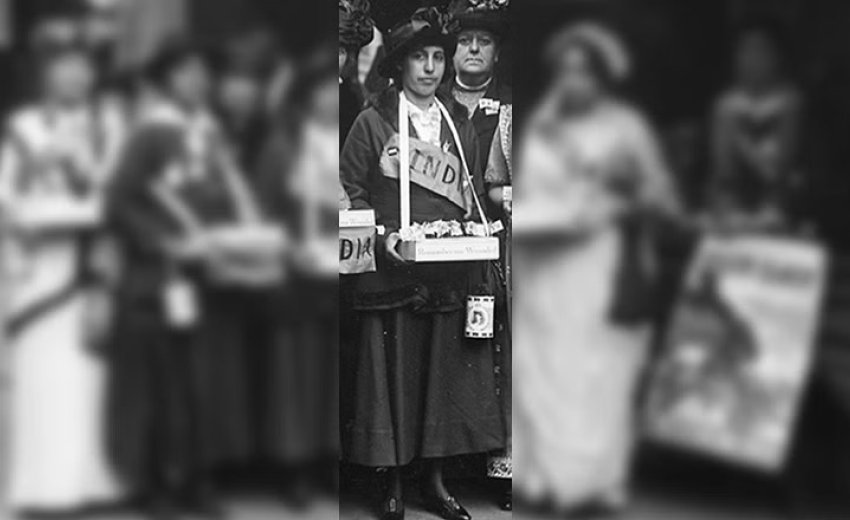In the bygone era of the Sikh empire, there lived a brave ruler named Maharaja Duleep Singh. He had a daughter named Sophia Duleep Singh, who was as bold and daring as her father. Today, Sophia's legacy lives on as she's being considered for a "Hidden Heroes" campaign which aims to increase diversity in commemorative monuments across the United Kingdom.
Who was Maharaja Duleep Singh?
Maharaja Sir Duleep Singh, also known as Sir Dalip Singh, was the last Maharaja of the Sikh Empire. He was born on September 4th, 1838, and passed away on October 22nd, 1893. He was the youngest son of Maharaja Ranjit Singh and the only child of Maharani Jind Kaur.
At the age of five, he was made the ruler of the Sikh Empire with his mother acting as his regent. After the Anglo-Sikh War, the British Crown deposed him and placed a British Resident in power. When he was 15 years old, he was sent into exile in Britain. Queen Victoria became his friend and even became the godmother to some of his children. She once wrote about him, "Those eyes and those teeth are too beautiful."
He lived most of his final years in the United Kingdom and passed away at the age of 55. He was later given the nickname "Black Prince of Perthshire."
Sophia Duleep Singh
Maharaja Duleep Singh contracted two marriages during his lifetime. The first of these was to Bamba Müller in 1864, followed by a union with Ada Douglas Wetherill in 1889. He fathered a total of eight children, and Princess Sophia, was born to his first wife Bamba.Princess Sophia was a suffragette who fought for women's right to vote in Britain during the 1900s. She was also Queen Victoria's goddaughter.
In 2021, Preet Kaur Gill, Britain's first Sikh female parliamentarian, nominated Princess Sophia to represent the country's diversity in a new memorial. Gill, an MP, aims to promote unity and togetherness in the UK amidst the increasing polarization observed over the past years. She expressed her support for the Hidden Heroes campaign, which highlights the accomplishments of various groups in society and can serve as a source of pride and a common understanding of modern-day Britain.
About Hidden Heroes Campaign
The "Hidden Heroes" campaign aims to increase the representation of women and other underrepresented groups in public monuments, statues, and art in the UK. Currently, less than 3% of statues depict non-royal women and other categories are also poorly represented.
Zehra Zaida, the founder of the "Hidden Heroes" campaign and the wider "We Too Built Britain" initiative, believes that increasing the number of statues is essential. According to Zaida, statues celebrate individuals whose values can inspire all and showcase the diverse nature of the country. She asserts that symbolism in representation can aid in promoting unity and bringing people together under shared values.
To celebrate South Asian Heritage Month in the UK, an initiative has been launched that urges Members of Parliament across all constituencies to ask their constituents to nominate their "Hidden Heroes". These heroes could be either overlooked historical figures or everyday people with inspiring stories. Tom Tugendhat, a member of Parliament and chair of the UK Parliament's Foreign Affairs Committee, has been a vocal supporter of the initiative and has advocated for better recognition of female spies of the World War II Special Operations Executive, such as Noor Inayat Khan, who was of Indian origin.
Tugendhat said, “Britain has always brought together people from different cultures and backgrounds. It’s what has made us strong and adaptable over centuries. We need to celebrate our community with all its differences.”
The "We Too Built Britain" campaign aimed to improve the representation of diversity on legal tender. It gained support from politicians, celebrities, and the general public. As a result, UK Chancellor Rishi Sunak launched a new series of 50 pence coins called "Diversity Built Britain" in 2020.
*Based on an article published in Hindustan Times on 22nd July 2021
